★★½
“Death Wish, Bollywood style.”
 For the first hour and forty minutes, you may well be wondering why this is here. You will need to be patient: it gets there… eventually. However, to start with, it’s the story of the battle between crime boss Nikka Shaitan (Grover) and dogged cop Inspector Sidhu (Kumar). After members of the former’s gang are caught attempting a bullion robbery, Sidhu seeks to leverage them to reach their boss. But Shaitan uses all the power – both legal and illegal – at his disposal, to avoid justice. Initially, a state of martial law (the title translates as “emergency”) gives the cops the edge, but after that is declared over, the balance shifts, culminating in Shaitan’s gang invading Sidhu’s wedding and gunning everybody down.
For the first hour and forty minutes, you may well be wondering why this is here. You will need to be patient: it gets there… eventually. However, to start with, it’s the story of the battle between crime boss Nikka Shaitan (Grover) and dogged cop Inspector Sidhu (Kumar). After members of the former’s gang are caught attempting a bullion robbery, Sidhu seeks to leverage them to reach their boss. But Shaitan uses all the power – both legal and illegal – at his disposal, to avoid justice. Initially, a state of martial law (the title translates as “emergency”) gives the cops the edge, but after that is declared over, the balance shifts, culminating in Shaitan’s gang invading Sidhu’s wedding and gunning everybody down.
Shaitan again avoids justice, getting a corrupt politician to give him an alibi, leading to his acquittal. This is where we finally achieve GWG relevance, for the Inspector’s bride, Shikha (Sabah), vows to take revenge on every single person responsible for the death of her husband. She delivers, taking them out in a variety of ways, from shooting repeatedly in the head after removing their tongue, through burning alive, to hacking apart with a sword. It’s certainly enthusiastic, though the execution isn’t nearly as much fun as it should be. It demands a lot more blood. Naturally, Shikha uses the gang’s tactics to escape legal punishment, the film ending in a large caption asking the audience, “Do you agree with this?”
Well, since you ask… It’s a typical early nineties Indian pot-boiler, with all that implies. So, it’s overlong at 144 minutes, stuffed with terrible songs (and I like some Bollywood music – Singh is Kinng is one of only two soundtracks I actually listen to outside the film), and painfully simplistic, rarely approaching any level of delicacy. By most standards, this is not a “good” movie. But I did find it interesting. As depicted here, Indian cops do not give a damn about civil rights; how much of that’s due to the declared state of emergency is unclear (there was such a two-year period in India, but earlier, from 1975-77). On the other hand, the courts are depicted as incompetent and/or corrupt, basically useless at dispensing justice.
The sudden blossoming of Shika in the final act is also surprising. It’s rare for a film to end up with its hero or heroine being one who is barely even a supporting role during the first two-thirds. However, Rao manages to pull the switch off, albeit mainly through killing everyone else who you liked to that point. Shikha, assisted by her friend Razia, as well as another survivor of the massacre, then goes to work after the legal system has failed her, in a way which makes Charles Bronson look like subtle understatement. This is a clarion call to the vigilante inside the audience, about as subtle as a brick, and all the more fun for that. I’d edit this down to eighty minutes and call it a vast improvement.
Dir: V. Subba Rao
Star: Sabah, Gulshan Grover, Kiran Kumar, Aatish Devgan





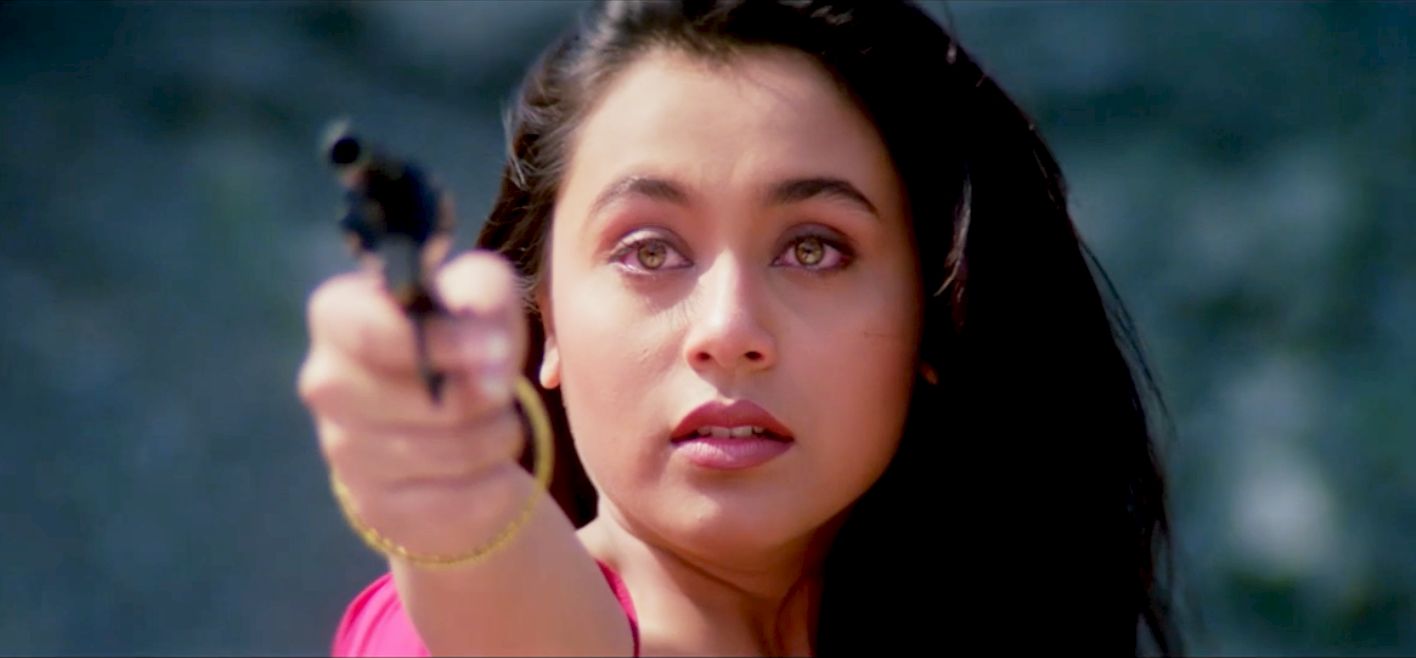 ★★½
★★½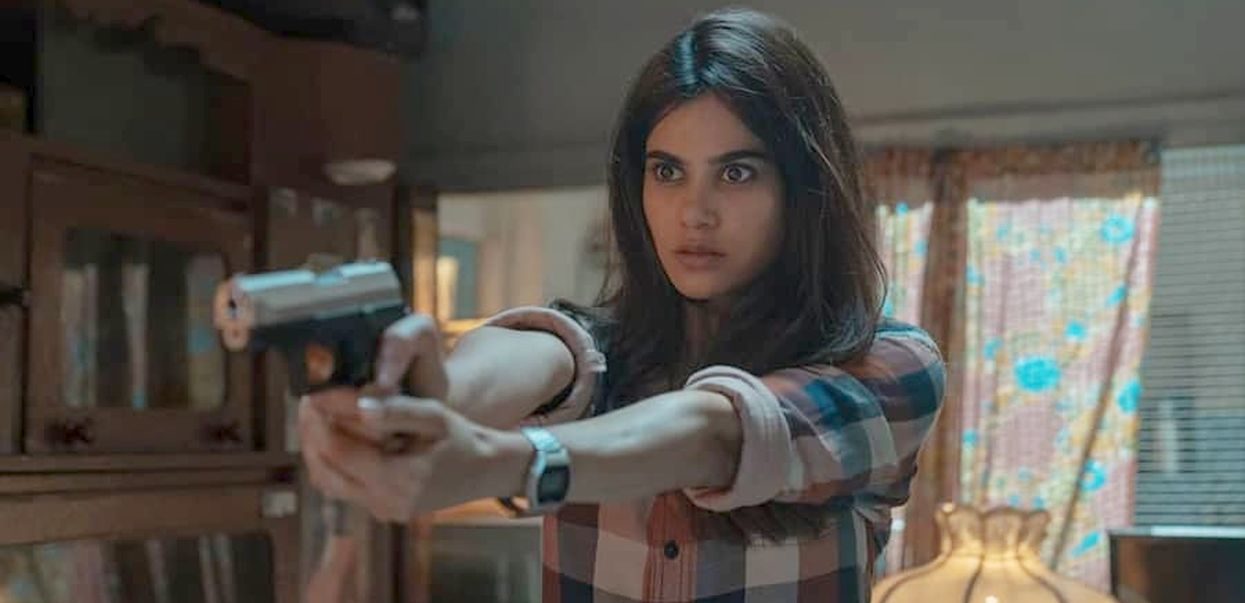 ★★★½
★★★½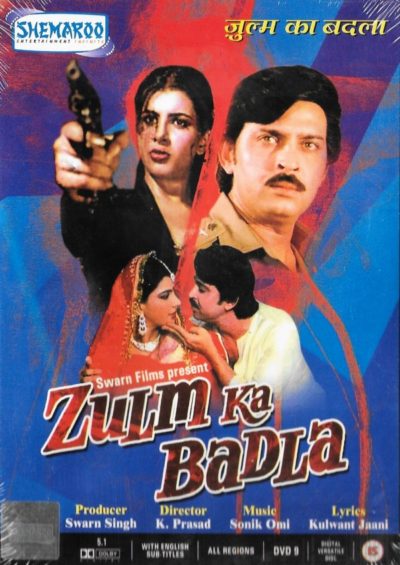 In recent years, the gap in cinema between Bollywood and Hollywood has closed dramatically. The likes of Indian blockbusters such as RRR (technically Tollywood rather than Bollywood) can stand, in terms of technical competence, beside their American equivalents. It’s mostly due to a dramatic improvement from Asia, because it wasn’t always the case, as we see when we go back to the mid-eighties for this slice of vengeance served cold. It looks pretty rough if you compare it to what Hollywood was making at the time, and in many ways feels like it’s about twenty years older than it is. I still found it more watchable than I expected, but then, I’m somewhat used to the style of Indian cinema. Newcomers might find this a bumpy ride.
In recent years, the gap in cinema between Bollywood and Hollywood has closed dramatically. The likes of Indian blockbusters such as RRR (technically Tollywood rather than Bollywood) can stand, in terms of technical competence, beside their American equivalents. It’s mostly due to a dramatic improvement from Asia, because it wasn’t always the case, as we see when we go back to the mid-eighties for this slice of vengeance served cold. It looks pretty rough if you compare it to what Hollywood was making at the time, and in many ways feels like it’s about twenty years older than it is. I still found it more watchable than I expected, but then, I’m somewhat used to the style of Indian cinema. Newcomers might find this a bumpy ride.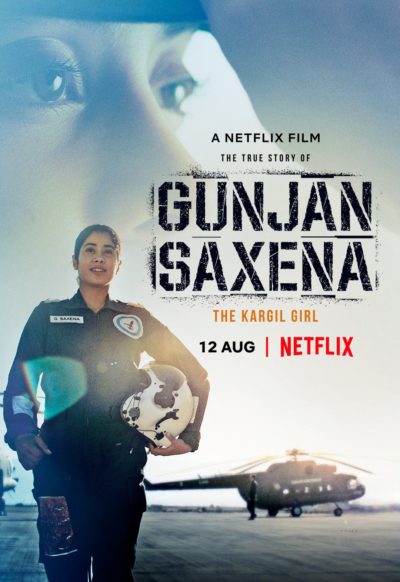

 This is the kind of film which I’d say was enjoyable, rather than being good. Indeed, if you want an illustration of the difference between the two, this movie is a good example. Sona Mukherjee (Fernandez) is the wife of respected doctor, Mrityunjoy Mukherjee (Bajpayee). But their life is upended when the bodies of six, formerly pregnant, unmarried women are found on their property. Sona believes her husband was framed – possibly by police inspector and former boyfriend Imran Shahid, (Raina). She takes the advice of a dubious lawyer, who suggests that if the serial killer was shown to be still active, that would prove her husband’s innocence. So Sona kidnaps another expectant young woman, Anushka Tiwari (Khan) to provide a seventh victim. Only… well, Sona is a bit crap as a serial killer, and Anushka is a feisty little thing with a black-belt in taekwondo, pregnancy be damned.
This is the kind of film which I’d say was enjoyable, rather than being good. Indeed, if you want an illustration of the difference between the two, this movie is a good example. Sona Mukherjee (Fernandez) is the wife of respected doctor, Mrityunjoy Mukherjee (Bajpayee). But their life is upended when the bodies of six, formerly pregnant, unmarried women are found on their property. Sona believes her husband was framed – possibly by police inspector and former boyfriend Imran Shahid, (Raina). She takes the advice of a dubious lawyer, who suggests that if the serial killer was shown to be still active, that would prove her husband’s innocence. So Sona kidnaps another expectant young woman, Anushka Tiwari (Khan) to provide a seventh victim. Only… well, Sona is a bit crap as a serial killer, and Anushka is a feisty little thing with a black-belt in taekwondo, pregnancy be damned.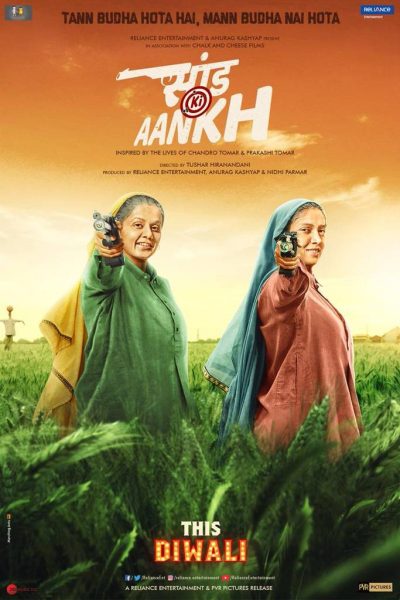 It’s interesting to compare this with the recently reviewed
It’s interesting to compare this with the recently reviewed 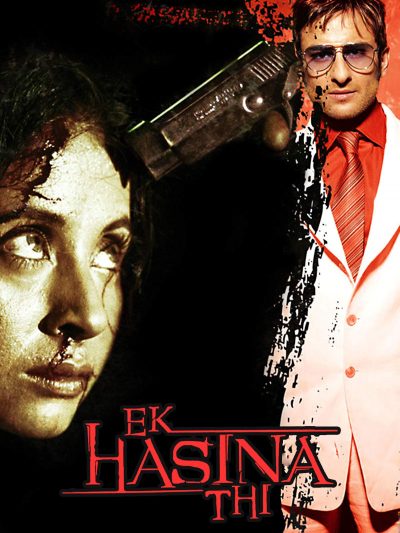 A somewhat cheesy melodrama, this throws together elements from Western pot-boilers Double Jeopardy and If Tomorrow Comes, adds a handful of Bollywood spice, and to be honest, probably overcooks the whole thing a bit. The title translates as “There Was a Beautiful Woman”, presumably referring to the heroine of the piece, travel agent Sarika (Matondkar). Into her office one day comes hunky businessman Karan Singh Rathod (Khan), and after some reluctance, she begins a relationship with him. However, it turns out he is actually a mobster, and manipulates her into taking a fall rather than incriminating him, which nets Sarika a seven-year prison sentence. Escaping from jail, she vows to destroy her former lover, and in turn, works on framing Karan with his criminal pals, by making it look like he murdered a colleague and stole money.
A somewhat cheesy melodrama, this throws together elements from Western pot-boilers Double Jeopardy and If Tomorrow Comes, adds a handful of Bollywood spice, and to be honest, probably overcooks the whole thing a bit. The title translates as “There Was a Beautiful Woman”, presumably referring to the heroine of the piece, travel agent Sarika (Matondkar). Into her office one day comes hunky businessman Karan Singh Rathod (Khan), and after some reluctance, she begins a relationship with him. However, it turns out he is actually a mobster, and manipulates her into taking a fall rather than incriminating him, which nets Sarika a seven-year prison sentence. Escaping from jail, she vows to destroy her former lover, and in turn, works on framing Karan with his criminal pals, by making it look like he murdered a colleague and stole money.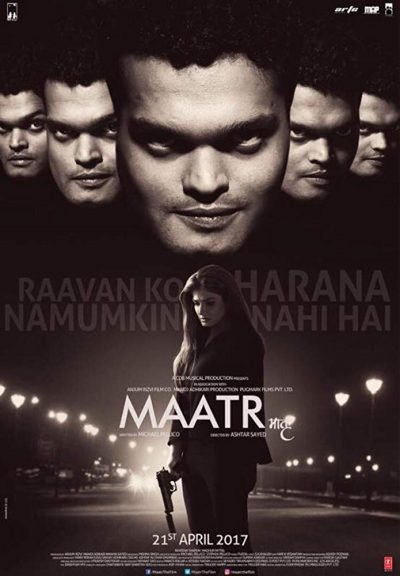 I was clued into this when researching my review of
I was clued into this when researching my review of